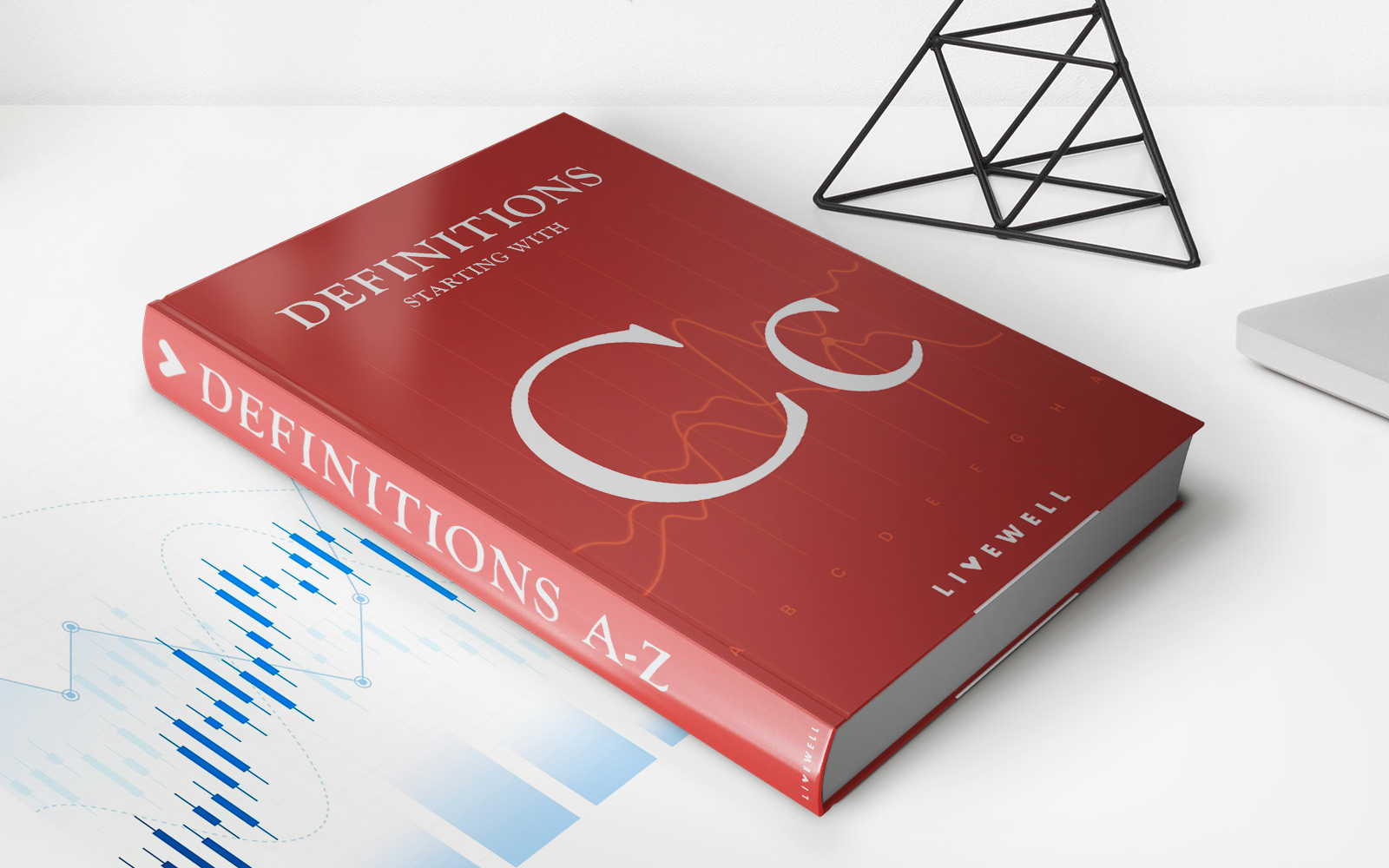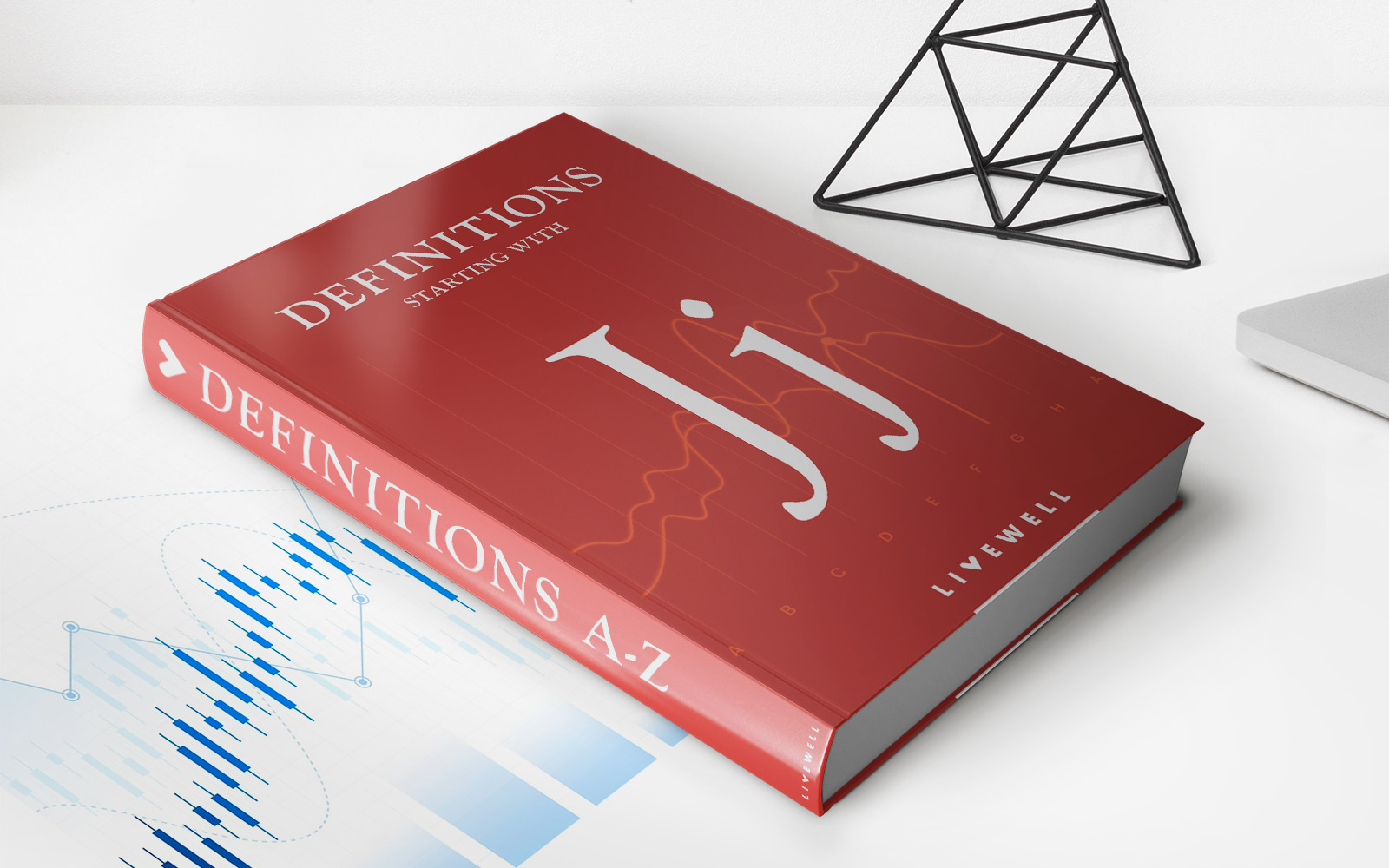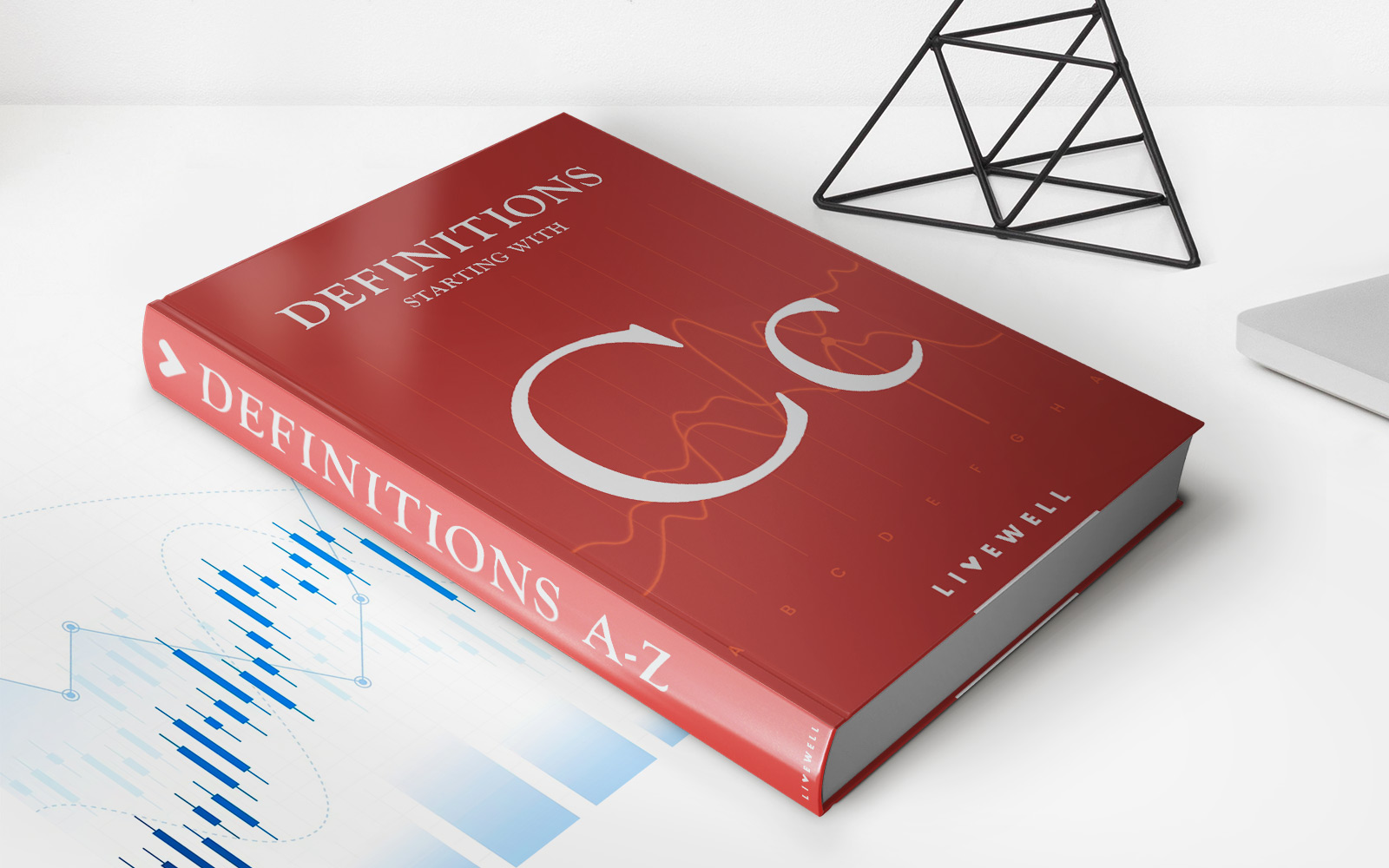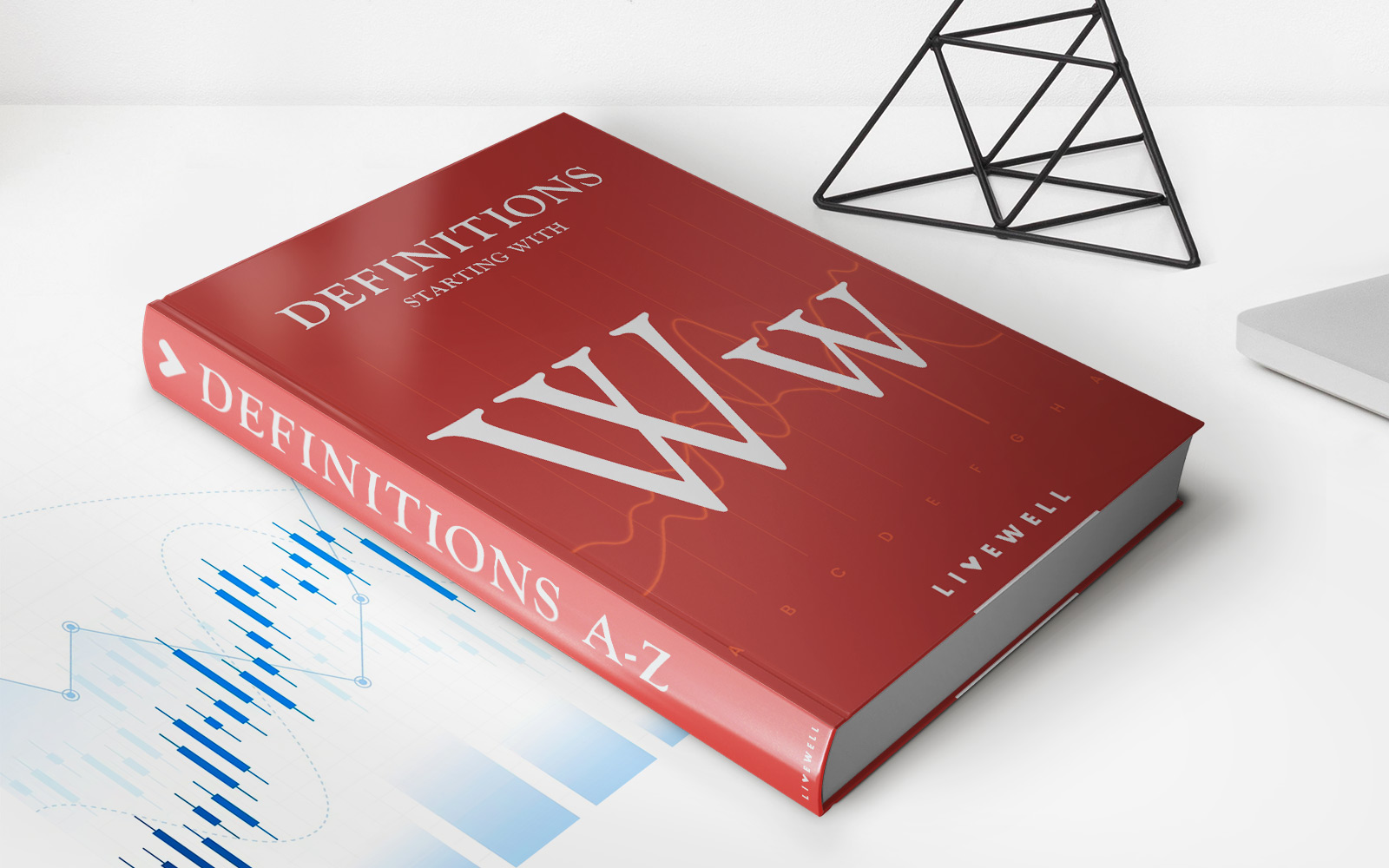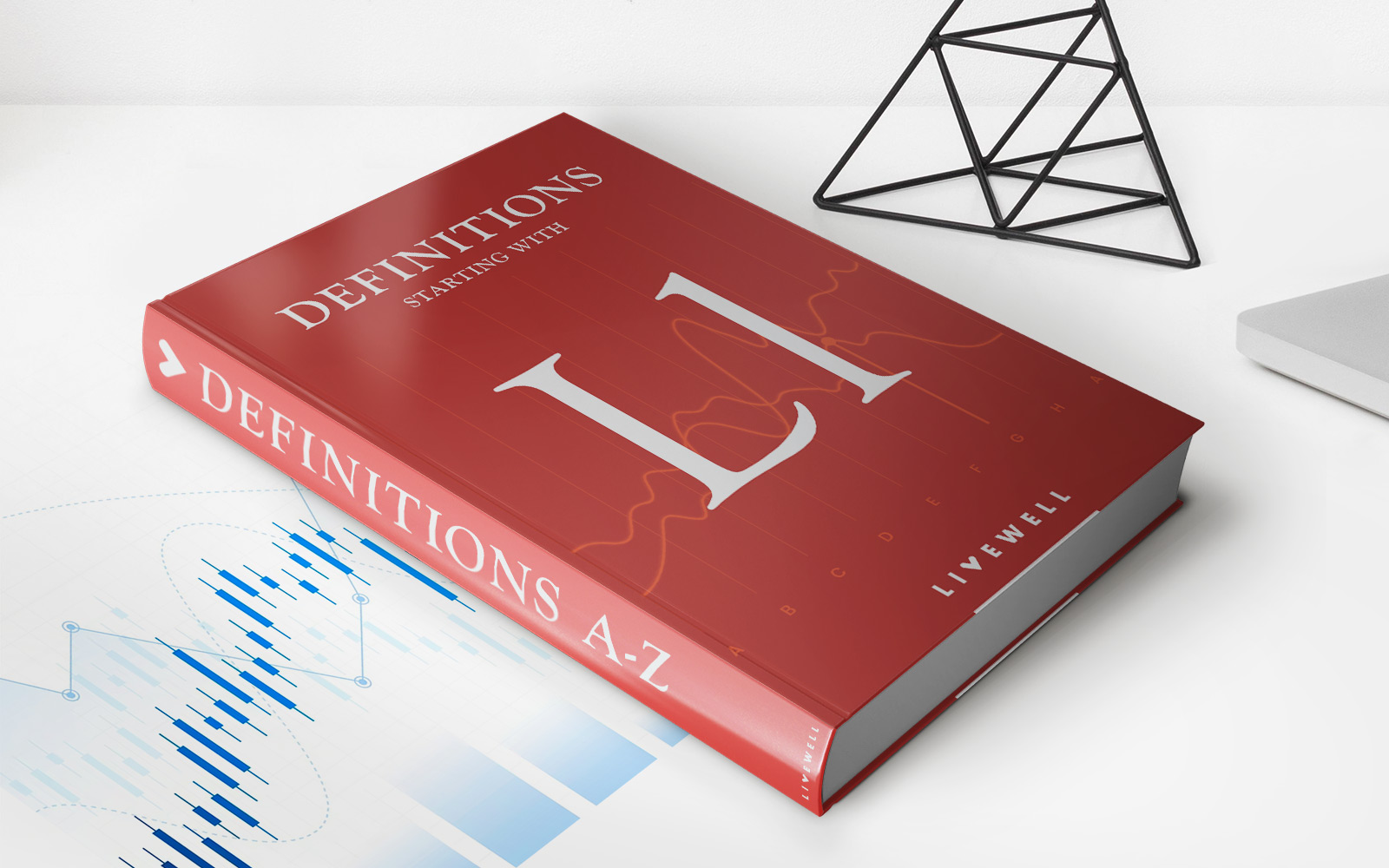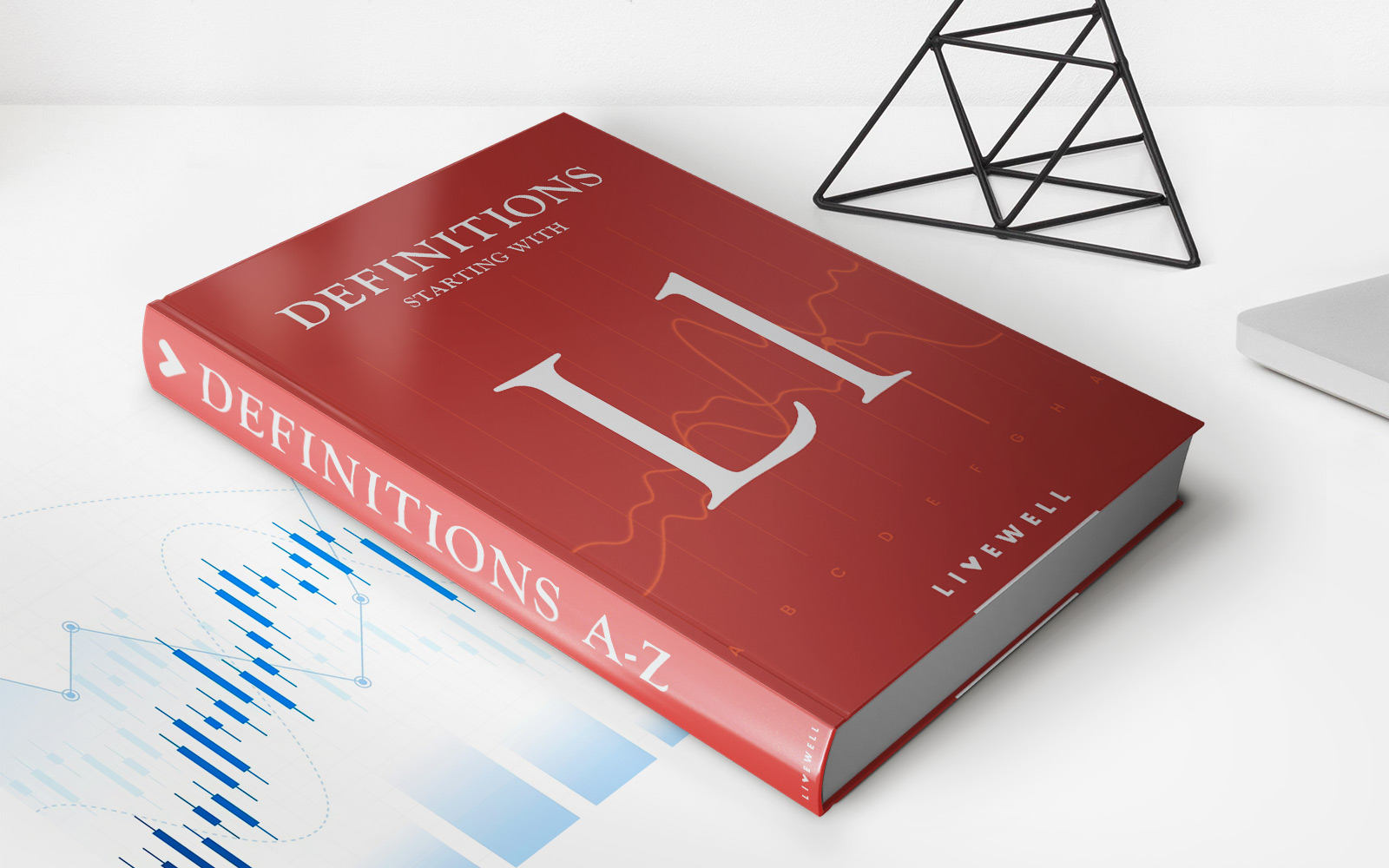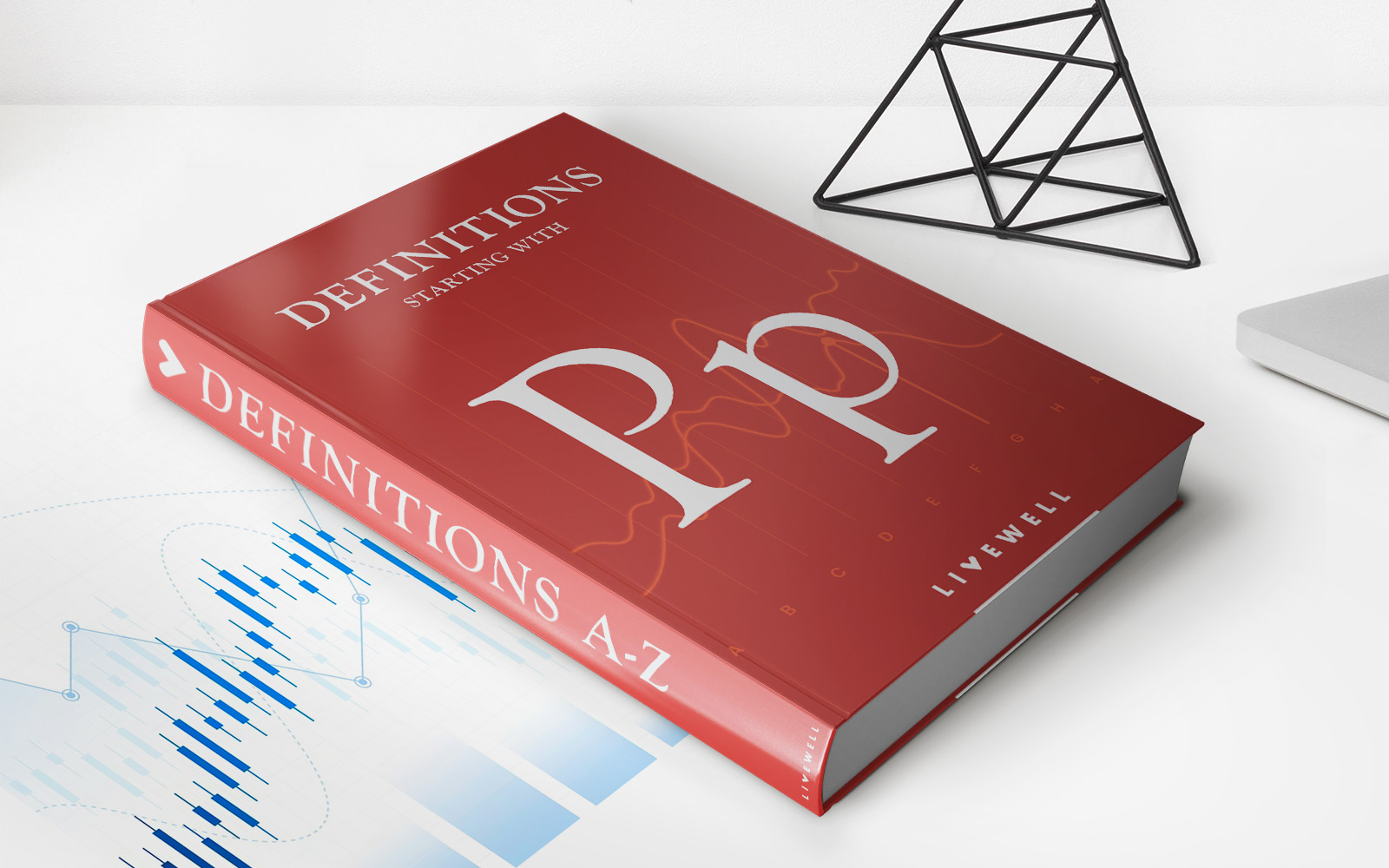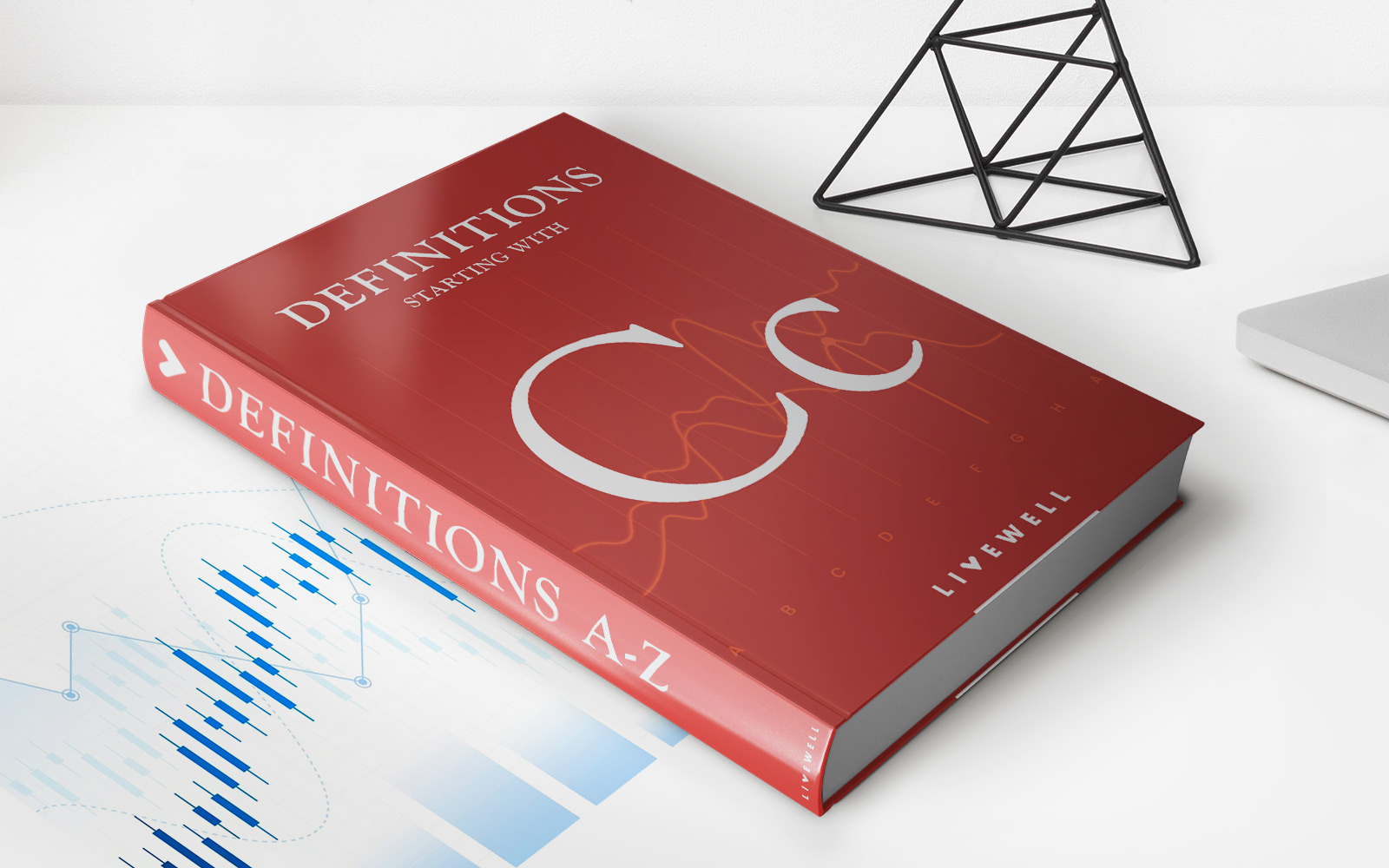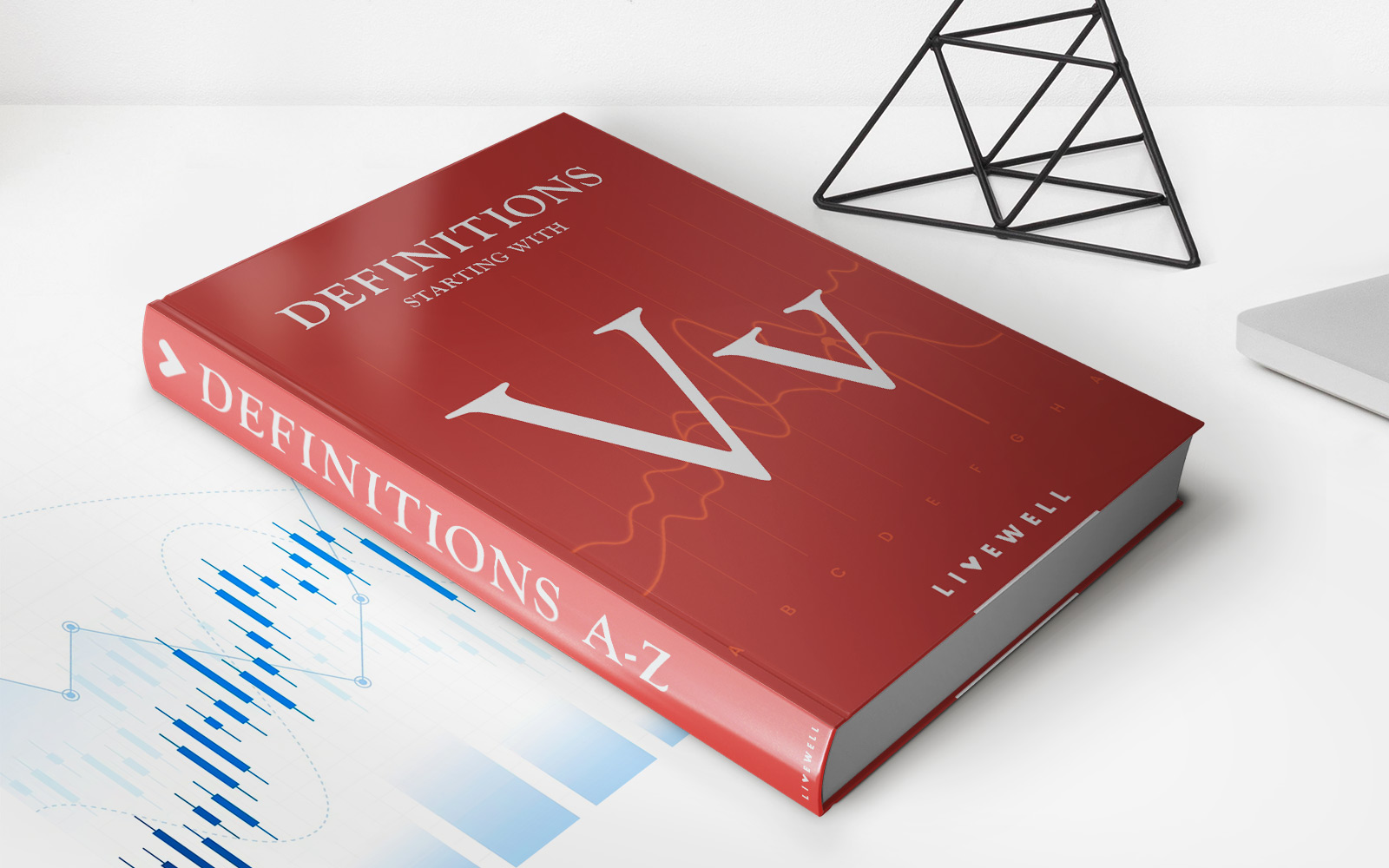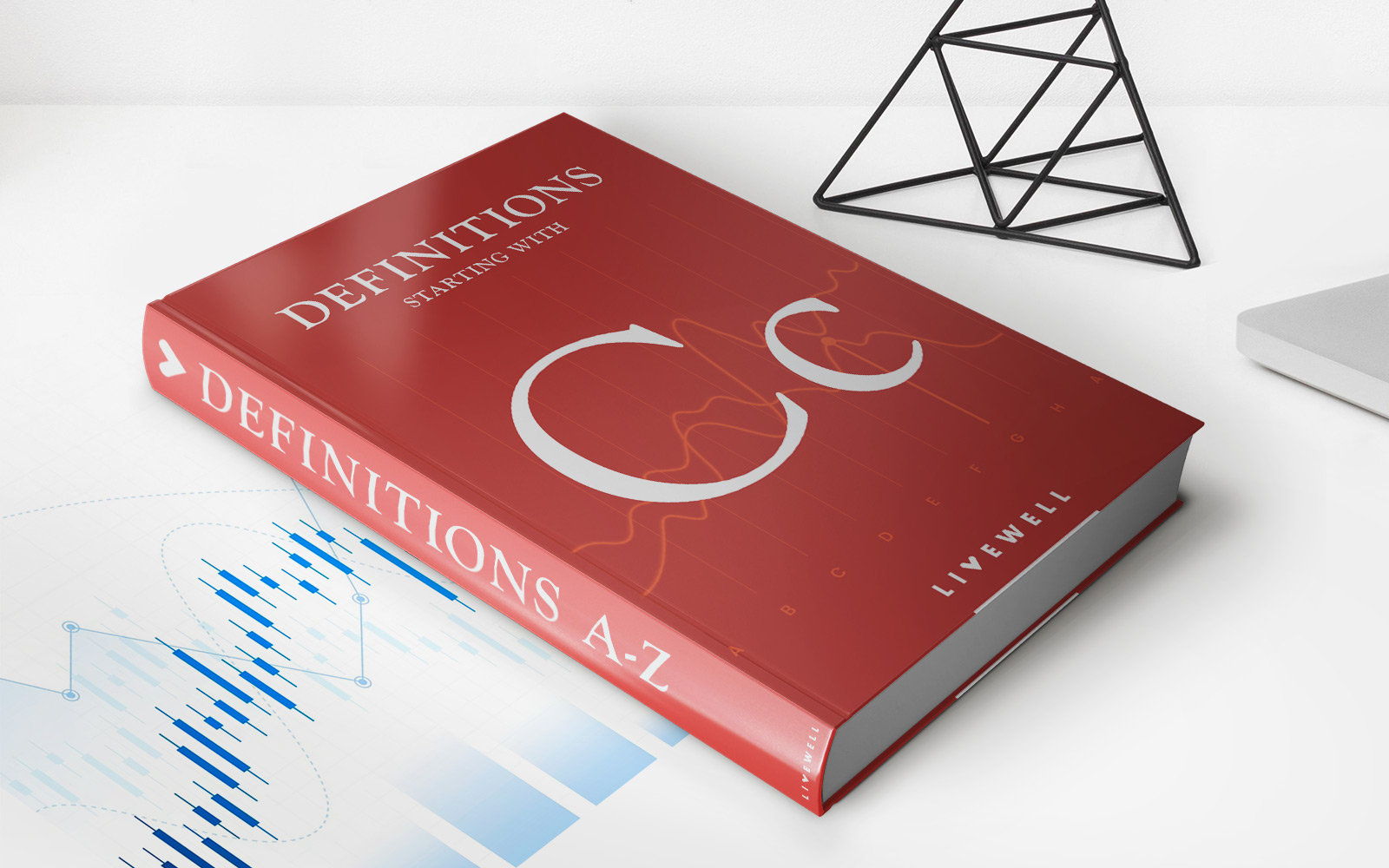

Finance
Consumer Liability Definition
Published: November 1, 2023
Learn the consumer liability definition in finance. Understand your financial responsibility and how it may impact your personal finances.
(Many of the links in this article redirect to a specific reviewed product. Your purchase of these products through affiliate links helps to generate commission for LiveWell, at no extra cost. Learn more)
Understanding Consumer Liability: What You Need to Know
Welcome to our FINANCE category, where we dive deep into various aspects of personal finance to help you make informed decisions about your money. In today’s post, we’ll be exploring the concept of consumer liability and why it’s important to understand how it can affect your financial well-being. If you’ve ever wondered what consumer liability means and how it applies to you, then keep reading!
Key Takeaways:
- Consumer liability refers to the legal responsibility of an individual for debts and financial obligations incurred through the use of credit or borrowed money.
- Understanding consumer liability is essential for managing your finances effectively and protecting yourself from potential risks.
Consumer liability, in simple terms, is the financial responsibility you assume when you use credit or borrowed money to make purchases. It is the legal obligation to repay the money borrowed, including any associated interest and fees. With the convenience of credit cards, loans, and other forms of credit, it’s crucial to be aware of the potential liabilities involved.
Here are a few important points to consider about consumer liability:
- Types of Consumer Liability: Consumer liability can arise from various sources, including credit card debt, personal loans, mortgages, and other forms of borrowing. Each type of credit carries its own set of terms and conditions, which may impact your liability in the event of default or non-payment.
- Legal Consequences: Failing to meet your consumer liability obligations can have serious legal consequences. It can result in collection attempts, lawsuits, and damage to your credit score. In some cases, it can even lead to bankruptcy, which can have long-term effects on your financial stability.
- Managing Consumer Liability: To protect your financial well-being, it’s essential to manage your consumer liability effectively. This includes monitoring your spending, keeping track of your debts, and making timely payments to avoid potential penalties or additional interest charges. Creating a budget and living within your means can also help prevent excessive consumer liability.
So, why should you care about consumer liability? Understanding your financial responsibility is vital for maintaining a healthy financial standing and avoiding potential pitfalls. By being aware of your consumer liabilities, you can take proactive steps to manage your debts, protect your credit score, and ultimately achieve financial freedom.
In conclusion, consumer liability is a crucial aspect of personal finance that every individual should understand. By being aware of your obligations, managing your debts responsibly, and making informed financial decisions, you can navigate the world of credit and borrowing with confidence. Remember, it’s never too late to take control of your financial future!
If you found this post helpful, be sure to check out our other articles in the FINANCE category for more valuable insights and tips on managing your money effectively. Stay tuned for our next post!

